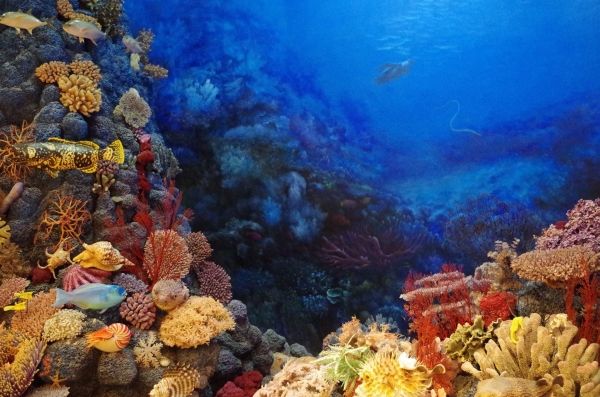Corals and sponges are important foundations in ocean ecosystems providing structure and habitats that shelter a high number of species like fish, crabs and other creatures, particularly in the seamounts and canyons of the deep sea. Researchers at the University of New Hampshire have discovered that when it comes to climate change not all deep-sea corals and sponges are affected the same and some could be threatened if average ocean temperatures continue to increase in the deep sea of the Northwest Atlantic.
“These deep-sea corals and sponges are ecologically important because they are foundational species that contribute to the food web and losing them could eventually lower the biodiversity of the deep sea,” said Jennifer Dijkstra, a research assistant professor in UNH’s Center for Coastal and Ocean Mapping.
In their study, published in the journal Global Ecology and Biogeography, the researchers combined data about temperature, dissolved oxygen, salinity and depth with high-resolution underwater video of the seafloor. The video was collected by a remotely operated vehicle (ROV) along the Northeast Canyons and New England Seamount Chain by the National Oceanic and Atmospheric Administration (NOAA) Ocean Exploration and Research branch. The researchers analyzed the data and annotated the ROV video to determine the density of the corals and sponges in specific areas, allowing the scientists to identify their location. They linked environmental variables to emerging patterns and high densities in narrow environmental ranges. Although corals and sponges co-occur, climate-related variables temperature, salinity and dissolved oxygen contributed to the distribution of sponges, whereas seafloor properties of slope and substrate contributed to the distribution of corals.
Read more at: University of New Hampshire
Photo Credit: wanzi989813 via Pixabay


